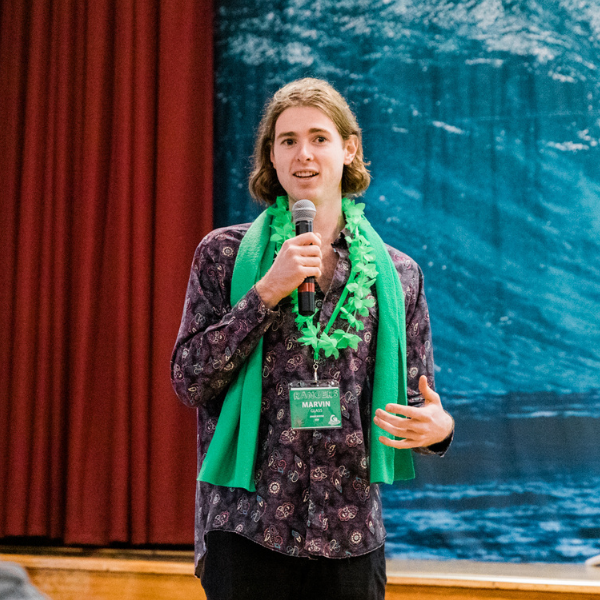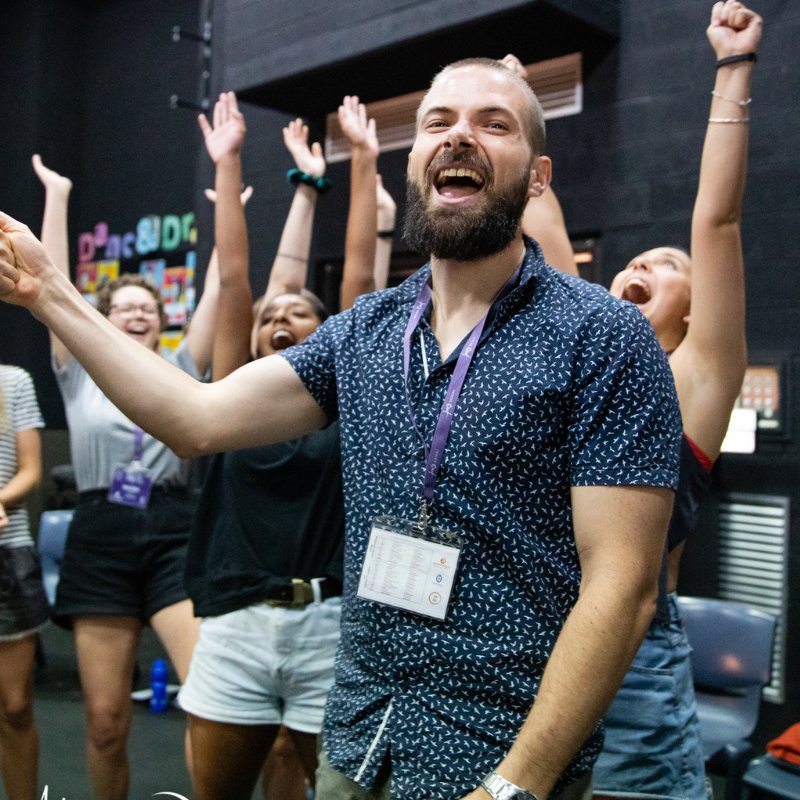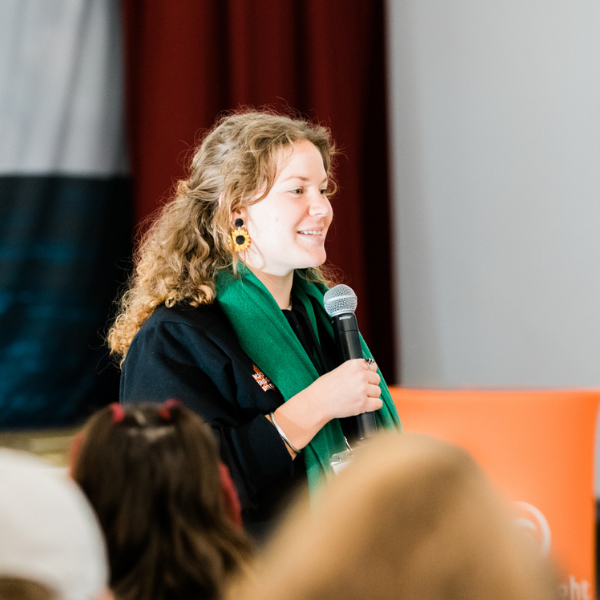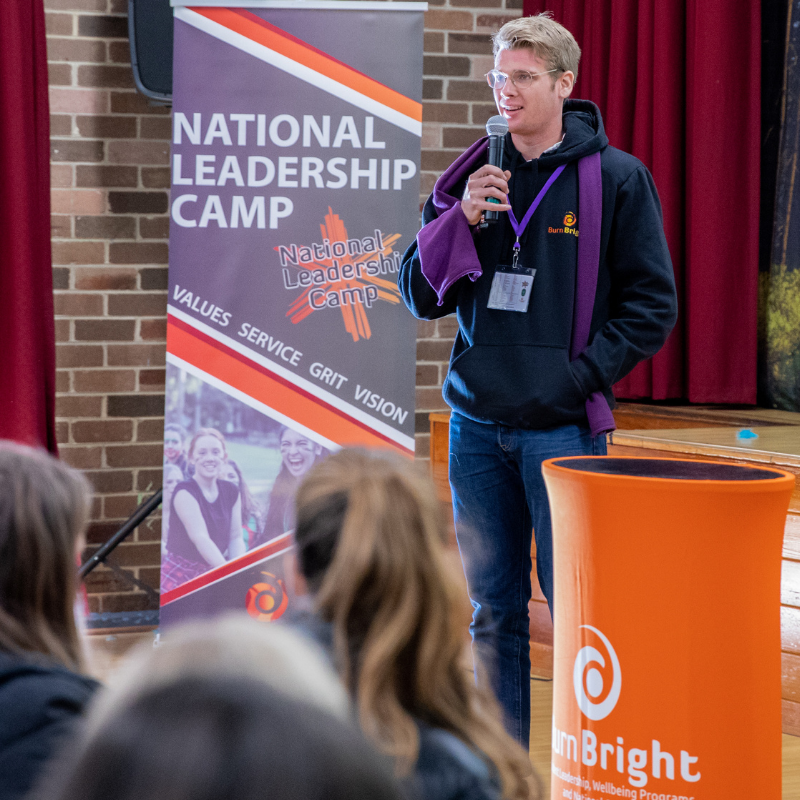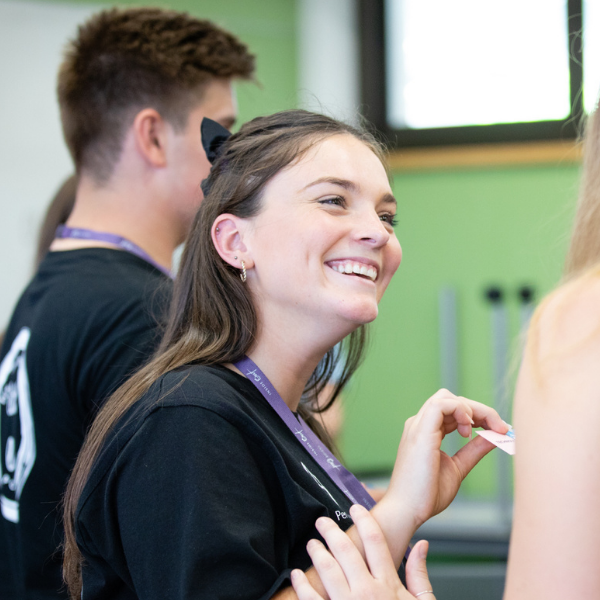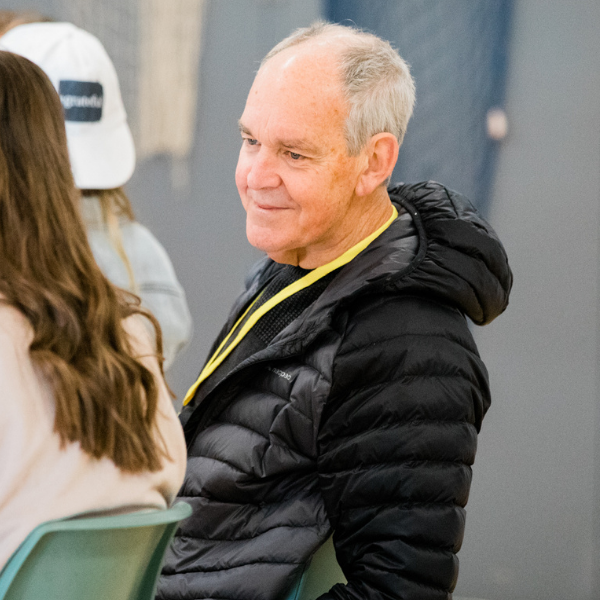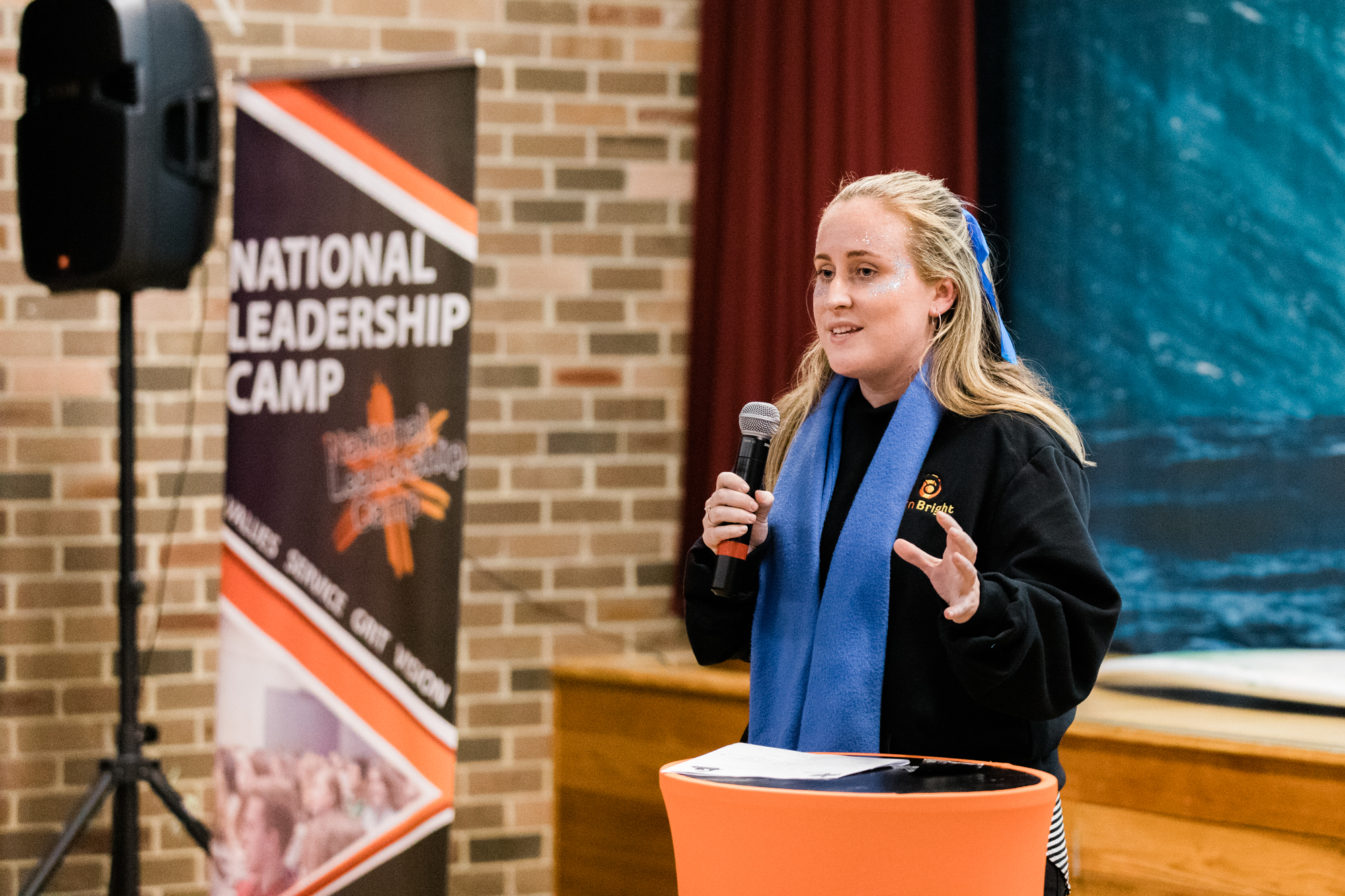Have you ever been in a really awkward conversation, or never knew where to start when meeting new people? For a lot of people, starting new friendships can be scary or intimidating and for others it can come quite naturally. There are some key tips that we have learnt over the last few years that have really helped people to break through that awkward conversation zone and start building new friendships.
Psychology tells us that the quality of our relationships has the most significant impact on our own wellbeing. If our relationships are going well, they are meaningful and they make us feel appreciated which then amplify our wellbeing positively. On the flip side, if we don’t have genuine or positive relationships with peers or with family then this is also the greatest detractor from our wellbeing. Seligman’s PERMA model and all the other models of positive psychology include relationships as one of the critical aspects for personal wellbeing and are a growing focus in terms of personal wellbeing. This means that relationships and friendships are something for us to work at and pay attention to it, like a flower, the more attention it gets from you in terms of food and water, the more likely it is to grow. This is the case with any friendship or beginning new ones, positive attention = growth.
1) Find Common Ground
As a part of one of the activities we do at Burn Bright, we ask young people to find something in common with each other, not just the colour of your hair or something surface level but to find something that they genuinely have in common. I have never seen a pair not be able to find something they have in common. From a really simple task, I’m constantly amazed at how many new relationships and friendships form.
Finding that common ground between two people Is the best advice I can offer when you are in the building friendship phase. For me, this will mean I will come armed to a new conversation with a few key questions to try and find some things we have in common. Finding common ground can look like finding common interests, common experiences, common beliefs or common views. You will find that the conversation really picks up when that commonality is found and often through one thing in common all of a sudden you realise you actually have 4 or 5 things in common and possibly even a few mutual friends you didn’t even know about. This active search for commonality allows for both parties to disarm a little and begin the process of getting to know one another.
Often at Burn Bright, we find ourselves working alongside leadership teams within a school context and the feedback we get is: “it’s just too hard to relate to the younger years, they like different things to what we like”. The question I often fire back is, have you made the effort to find something that you have in common or something that you both enjoy? Sometimes that thing in common can be a shared sport, a movie, a book or a hobby. For a younger student at a school, a one minute check-in conversation with an older student can literally make their day and it’s something that a whole year group or student leadership can action so easily to build a culture of belonging at school.
I would say that finding common ground is the greatest leveller of our relationships and often that’s what’s missing. Have you ever met someone famous or well known or have you ever had tension with another person? Every time I have been in either of those two situations, the search for common ground begins! This is because when we find it, it truly levels the playing field and gives us a reference point into the other person’s life. We can find something that we can relate to that isn’t a preconceived idea of someone in our heads. Ultimately, I truly believe that every person on this planet has something in common with someone else only that for some of us, it may just take a little bit of searching.
2) Be Friendly
This seems really obvious but often it’s something we just totally forget to do. Starting a new friendship requires both parties to be friendly to each other (you’re probably thinking – well yea obviously) but quite often we aren’t aware of how our body language is sending signals to the other person or the fact that we are talking more than we are listening. It’s so important for us to be self-aware of how our behaviour is having an impact on someone else and ensure that we appear open through our actions when getting to get to know someone. I couldn’t count how many times I have met someone new for the first time and their body language looks disinterested but they themselves are actually really invested in the conversation.
3) Assume the Relationship
In my late teens and early twenties, I was constantly told to assume the relationship and it really frustrated me because who was I, as a teenager, to be assuming the relationship with these adults around me who had much more life experience and who lived much busier lives than I do. What I have realised though is that this was teaching me a mindset that as all human beings, we are all created equally. So, no matter who someone was, their profile or where they came from, at the end of the day they are also just a human being. It’s takes some courage and a lot of hard work but assuming the relationship is definitely a mindset where we start a new conversation as if you are already friends and know each other well, even if you don’t! Sometimes I find this gives me the confidence to start talking to whoever I meet!
Finally, it’s important to:
- Realise that at the end of the day, you have nothing to lose and a lot to gain, the worst someone can say is no!
- Remember there is so much to learn when you become friends with someone you wouldn’t normally engage with – you can learn from each other.
- Asking questions is key – generates conversation and shows interest in the other person.
- Be curious, not judgmental – ask about different interests the person has and learn something new.


